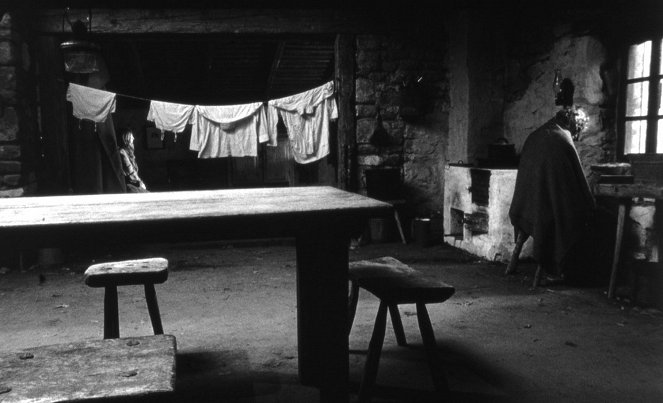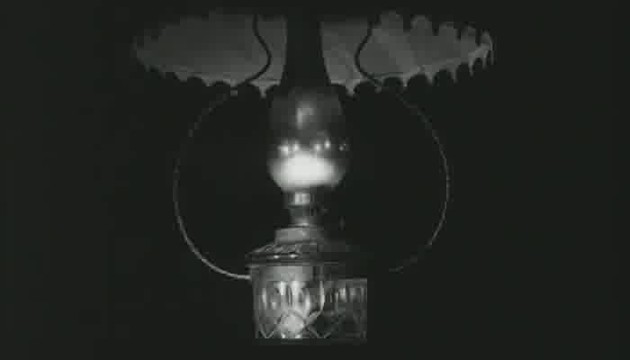VOD (1)
Résumés(1)
Le 3 janvier 1889, sur la piazza Alberto de Turin, le philosophe Friedrich Nietzsche se jeta, en pleurant, au cou d'un cheval de fiacre épuisé et brutalisé par son cocher. Puis il perdit connaissance. Après cet évènement, il n'écrivit plus jamais et sombra dans la folie. Le Cheval de Turin raconte l'histoire du cheval, de son maître et de la fille de celui-ci, vivant tous les trois dans une ferme reculée. (Sophie Dulac Distribution)
(plus)Vidéo (2)
Critiques (2)
Béla Tarr, like Nietzsche once did, touched his horse and was speechless. The Turin Horse is not a film ABOUT the Turin horse, it IS the Turin horse. A narratively parched image of a world in which nothing remains but despair, automatism, and emptiness. An intellectually monolithic image of a fading world from which meaning and hope depart as the last sigh. All that remains is the darkness, the gale, and the dictation of nothingness that mankind has brought onto itself. Along with Tarr's personal myth, The Turin Horse is one of the great achievements of contemporary art, Gesamtkunstwerk in an almost forgotten traditional sense, the narrative termination of the contract with the viewer and the world, the undiluted stumbling towards the final darkness. A film that resonates, and I daresay it will one day be one of the great reflections of the end of civilization.
()
Béla Tarr is simply not a filmmaker that I could like. His filming style is overly poetic, it's too much of a metaphor that ultimately doesn't say anything to me. It's hard to watch because you feel like it's about nothing. However, in his films, you can find scenes that may make you think. But I probably won't watch any more of his films.
()
Photos (17)
Photo © Basis Film



Annonces